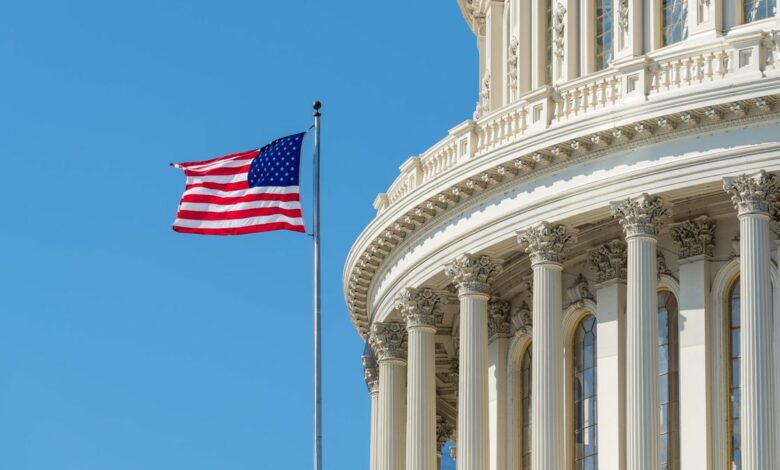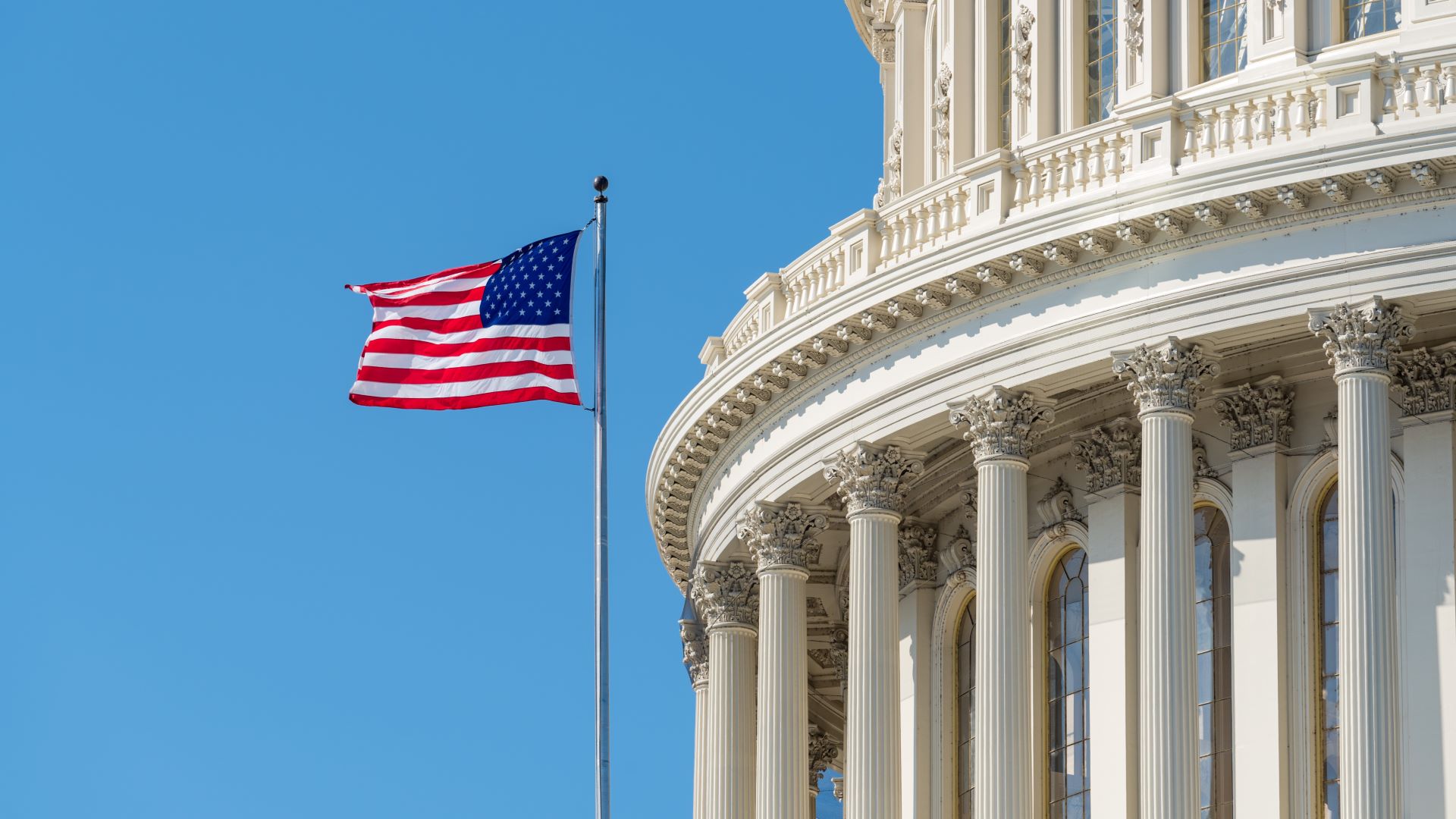US Congressional staff exposed in Library of Congress email hack


- Emails from the US Library of Congress have reportedly been compromised
- The attack was likely carried out by a foreign actor, experts say
- American government institutions are increasingly under attack
Email correspondence to and from employees of the US Library of Congress’s Congressional Research Service has been compromised by a ‘foreign adversary’ in an elaborate hack, reports claim.
From January to September 2024, foreign actors accessed emails between congressional legislative staff and investigators, according to NBC News.
It is not yet known exactly how many and which emails the hackers opened, but congressional staff are concerned about the sensitive nature of communications between legislative staff and investigators.
Sensitive information
The Library of Congress is a research library that serves and has dedicated research staff for Congress, answering more than 76,000 inquiries by 2023. The staff provides policy and legal analysis to congressional committees, making it an invaluable resource.
Due to the nature of the library’s work, it is likely that hackers had access to preliminary legislative proposals, or gained unauthorized access to staff members’ opinions and ideas. Reports have confirmed that the US Copyright Office has not faced any consequences.
The attack is said to have been carried out by a ‘foreign adversary’, although it is not yet clear which national actor was behind the breach. Cyberattacks from the ‘Big Four’ (Iran, Russia, China and the Democratic People’s Republic of Korea) have all increased dramatically in the run-up to the election, so researchers will likely be looking in these directions.
So far, the origin of the breach is unknown, but staff have been reminded of phishing and email security guidelines, suggesting this may have been the origin.
This isn’t the first time in recent months that congressional staff have had their data compromised, as in September 2024 it was revealed that nearly 3,200 US politicians and aides had their data leaked to the dark web, meaning nearly 20% of people who work in Congress were exposed.




